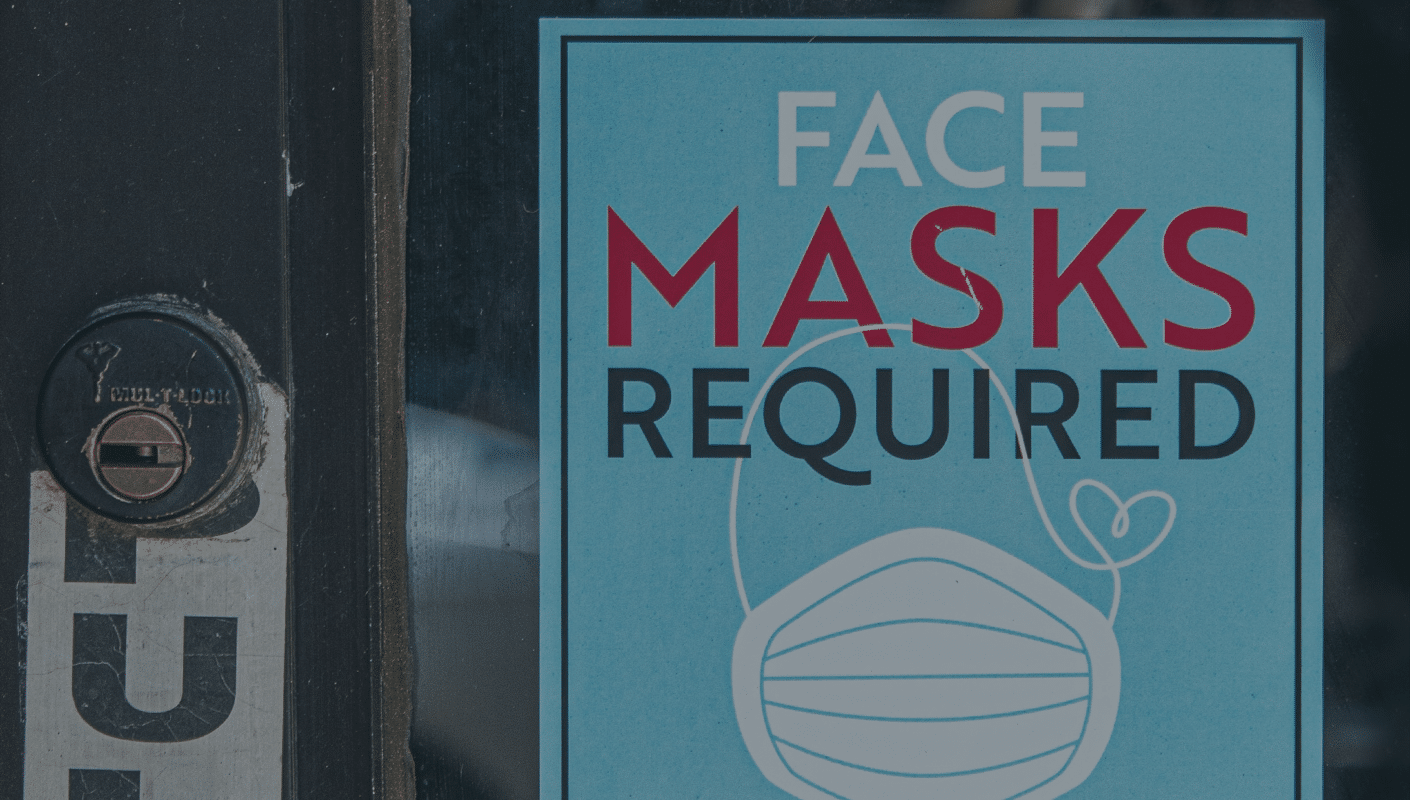Articles
<< back to all ArticlesNew Human Rights Decision Considers Whether Mandatory Mask Policy in Private Business is Discriminatory

In an important new decision, a private business’ policy of requiring employees and customers to wear a face-covering was found not to constitute discrimination under the Alberta Human Rights Act.
This decision, Szeles v Costco Wholesale Canada Ltd, 2021 AHRC 154 marks one of the first times that a decision-maker in Canada has considered the issue of whether a store’s mandatory mask policy discriminates on the basis of physical disability.
The Facts
The complainant, Mr. Szeles, attended a Costco Wholesale Canada Ltd (“Costco”) location in Edmonton, Alberta on November 17, 2020. Upon arriving, Mr. Szeles was told by an employee that he would be required to wear a face mask under Costco’s policy, which had been instituted in response to the COVID-19 pandemic. Mr. Szeles indicated that, due to a disability, he was exempt from wearing a face mask. As an alternative under the policy, the Costco employee offered that Mr. Szeles could wear a face shield instead. Mr. Szeles refused, and an altercation ensued which resulted in Mr. Szeles being removed from the store.
Mr. Szeles alleged that Costco discriminated against him on the basis of his disability. Mr. Szeles argued that the alternative option presented to him – wearing a face shield – was not reasonable because it did not adequately guard against transmission of COVID-19 and would stigmatize him by singling him out as a person with a disability. The complainant also argued that Costco’s policy was contrary to law since the general provincial and municipal mask mandates provided for exemptions for those who could not wear masks.
The Investigation
Before a complaint can be heard by the Alberta Human Rights Commission, a Human Rights Officer investigates the complaint and makes a recommendation as to whether the complaint should proceed to the Commission. The complaint, in this case, was initially rejected by both a Human Rights Officer as well as the Director of the Commission. On a further review by the Chief of the Commission and Tribunals, the Chief agreed there was no reasonable basis in the evidence for the matter to proceed to a full Tribunal hearing.
Mandatory Masks as a Reasonable and Justifiable Limit on the Right to be Free from Discrimination
The Chief accepted that although Costco’s policy limited the rights of those who could not wear a mask because of a disability. However, the policy could stand because it satisfied the legal test for when the right to be free from discrimination may justifiably be limited.
Under human rights law, a limitation on the right to be free from discrimination may be justified if the following test is satisfied:
- The limitation or rule is instituted for a valid reason;
- The limitation or rule is instituted in the good faith belief that it is necessary; and
- It is impossible to accommodate persons who may be adversely affected by the rule, without incurring undue hardship.
At the first step of the test, the Chief found that Costco had a “valid business and safety purpose” for implementing its policy, given the mandatory public health regulations in force at the municipal and provincial level, public health guidance, and epidemiological research.
With respect to the second step of the test, the Chief rejected the complainant’s suggestion that Costco implemented the policy and the alternative of face shields in bad faith. Even if the complainant was right that face shields are less effective in preventing transmission of COVID-19, this did not mean that Costco brought in this policy to single out persons with disabilities for humiliation, or that Costco did not believe the overall mask requirement was reasonably necessary for the safety of its employees and patrons.
Also rejected was Mr. Szeles’ argument that Costco’s policy was “contrary to law”. Nothing in the government regulations prevented businesses from requiring employees or customers to wear face masks, and that the government regulations in fact specifically allow for businesses to institute their own policies.
At the final step of the test, the Chief relied on public health regulations and scientific evidence to find that Costco’s policy was “reasonably necessary” to address the dangers and risks of COVID-19, in the sense that it would be impossible to accommodate individual customers sharing Mr. Szeles disability without imposing undue hardship on Costco. The Chief also noted that face shields, though less effective than masks, could curb transmission of COVID-19 and that Mr. Szeles had not provided evidence that further alternatives such as online or telephone shopping were not reasonable accommodations.
Given the unprecedented nature of the COVID-19 pandemic, private businesses seeking to implement masking requirements have lacked guidance on whether these requirements are on-side with human rights law. Although this decision was based on the Costco policy in force in November 2020 and the information related to the status of the pandemic at that time, the Szeles case suggests that private businesses seeking to implement mask mandates may not run afoul of human rights legislation, provided these policies give reasonable alternatives and are based in current evidence.
This post is meant to provide information only and is not intended to provide legal advice. Although every effort has been made to provide current and accurate information, changes to the law may cause the information in this post to be outdated.

